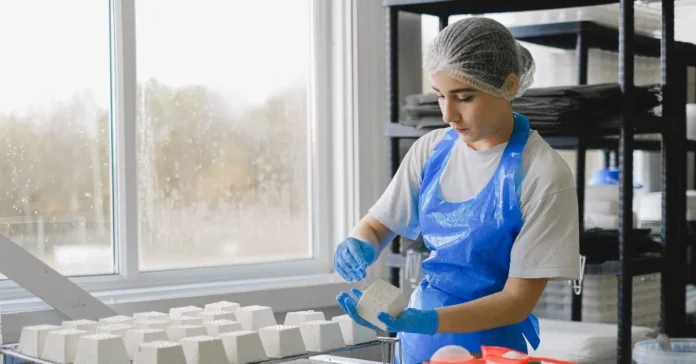The food industry must get ready for a “new era of risk management.”
The global food industry is entering a new phase called ‘Assurance 4.0’. Managing risks to ensure product safety at this stage has been a major challenge, according to LRQA.
LRQA, an agency that ensures the safety, quality and certification of products, wants the food industry to follow regulations and delight consumers by supplying safe, authentic and quality products. This is important because things like politics, climate change, and new technologies create a lot of uncertainty.
Risks associated with it
Kimberly Coffin, who works at the LRQA, said it was vital for those ensuring food safety to consider the risks involved. For example, if a crop fails due to climate change, it can affect the amount of raw materials available and how quickly companies can find new suppliers.
Furthermore, the use of new technologies can pose a risk of cyberattack. To survive the tough times, companies need to manage risks from start to finish.
Coffin will speak at the 2024 Global Food Safety Initiative (GFSI) conference in Singapore. He will outline important steps companies can take to manage this new risk.
This includes using resilient tools to better understand risks, use more data, track impacts, and prepare for disasters in the next decade
Look for weaknesses
To identify weaknesses in our products, we need to know where the critical data is located and how we can use it. “By collecting and analyzing more useful data, we can identify where risks lie, helping us understand how they can affect product safety, raw materials and customers.”
In this new era of risk, he added, not only do more measures need to be taken for safety, but a new approach to important risk decisions needs to be taken. This means using data to analyze risks, develop better plans to keep things safe, without breaking any rules.
Read about: Jumbo Eliminates Plastic Covers From Certain Vegetables

